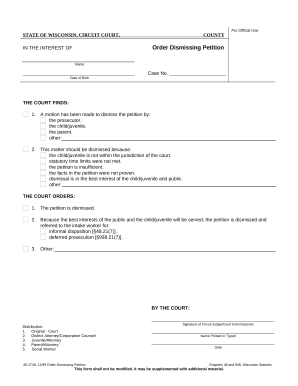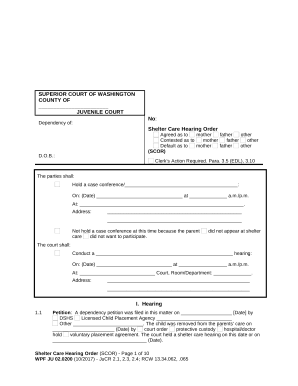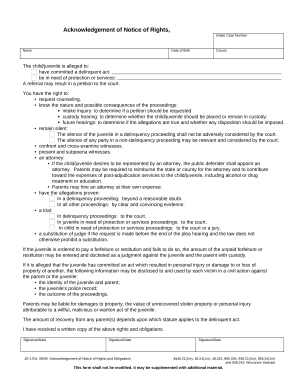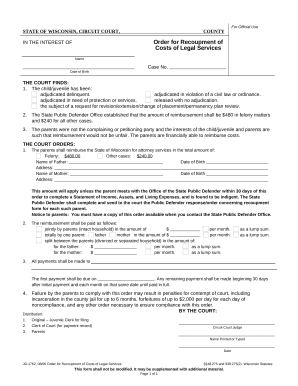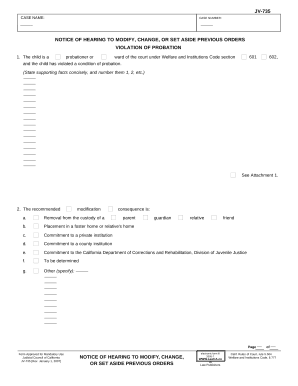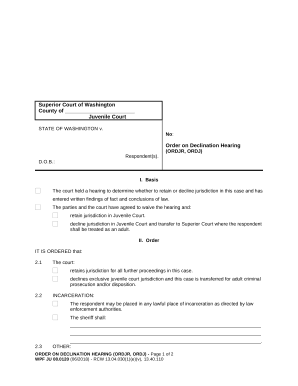Raise your productivity with US Juvenile Court Documents
Papers management consumes to half of your office hours. With DocHub, you can reclaim your office time and improve your team's productivity. Access US Juvenile Court Documents category and investigate all document templates relevant to your day-to-day workflows.
Effortlessly use US Juvenile Court Documents:
- Open US Juvenile Court Documents and employ Preview to obtain the suitable form.
- Click on Get Form to begin working on it.
- Wait for your form to upload in the online editor and start modifying it.
- Add new fillable fields, symbols, and images, adjust pages order, and many more.
- Fill out your template or set it for other contributors.
- Download or share the form by link, email attachment, or invite.
Improve your day-to-day file management using our US Juvenile Court Documents. Get your free DocHub account today to discover all forms.

